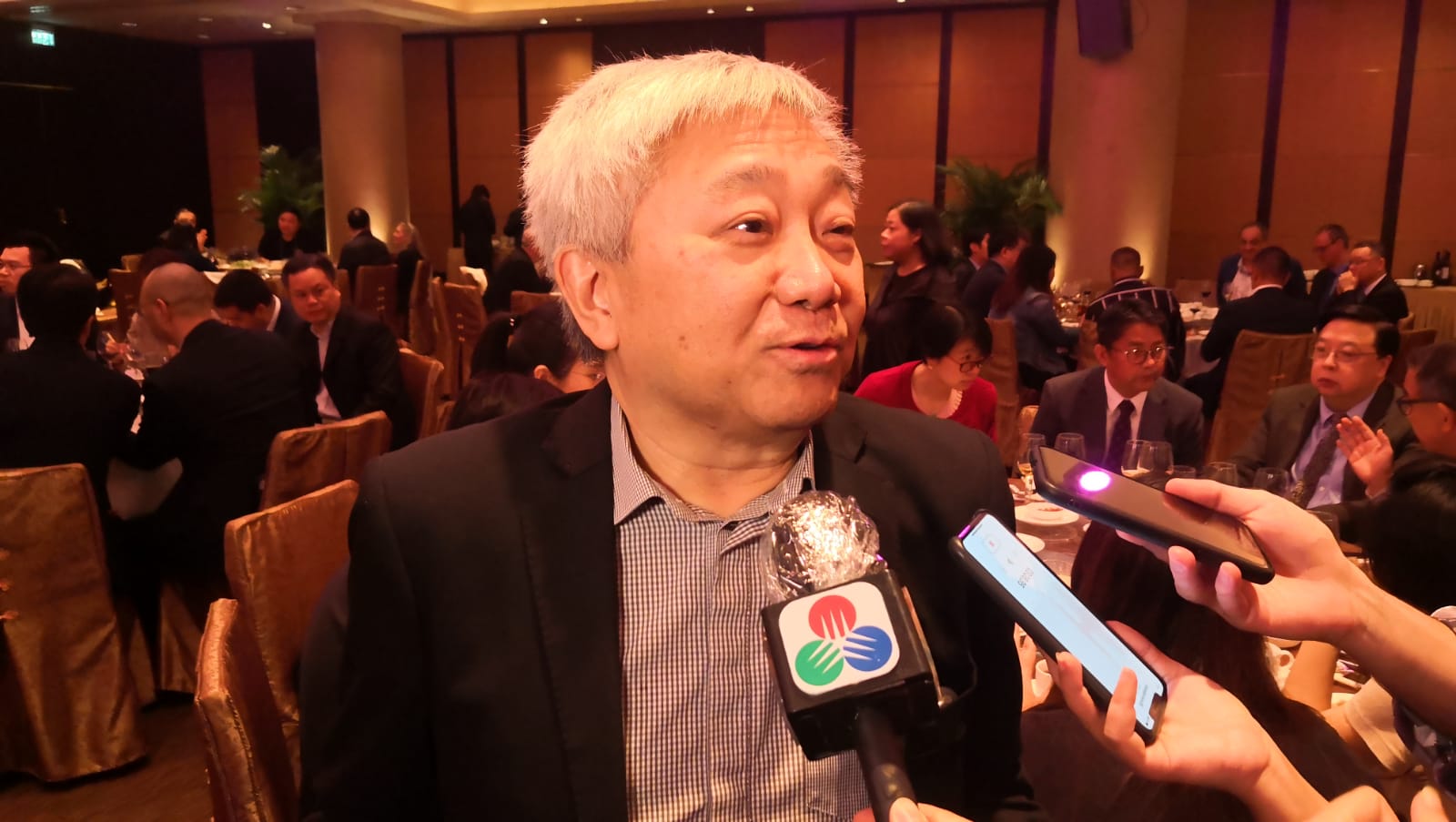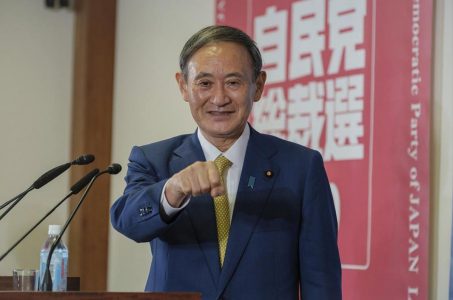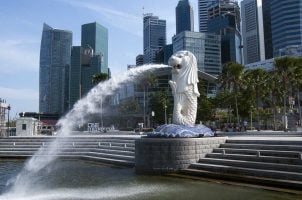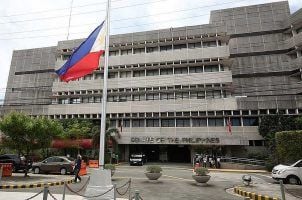Macau Casino Operators Face Trouble If Proven a Threat to “National Security”
Posted on: February 18, 2022, 09:17h.
Last updated on: February 18, 2022, 09:27h.
A Macau legislative committee continues to review the framework of the city’s updated gambling laws. While there haven’t been any glaring issues so far, language about “national security” is causing confusion.

Macau’s Legislative Assembly approved the city’s new gambling law reforms when they reviewed the updates last month for the first time. However, that was only a cursory review, with a special legislative committee created to make a deep dive into the draft laws.
Macau Gaming Law Review Continues
That scrutiny began this week, with the committee dedicating time each day to go over the extensive changes. There have been small pieces that they adjusted as they mulled over the document page by page. However, the lawmakers reached a section that needed more than a little clarification.
Based on comments made by Chan Chak Mo yesterday to the press, a casino operator could lose its license if it is found to be a threat to national security. Chan is the president of the committee that is reviewing the bill, and wants clarification on what the section means.
The passage indicates that a licensee can lose its contract over “threats to national security,” as well as breaching contractual obligations. The latter is common sense; however, the use of “national security” stands out.
China’s Potential Involvement in Macau
Chan didn’t specify it in his comments, but Macau doesn’t have “national” security concerns. It may have just been a poor use of words, when “city” would have been enough. But it could also represent something else completely. Perhaps it was an indication of China’s continued – and growing – involvement in Macau’s daily operations.
China is pushing its “one country, two systems” policy to guide the mainland, Hong Kong, and Macau, which could influence the new gambling laws. On the other hand, it wouldn’t need to put its power in writing. If it wanted to, it would simply take the action it saw fit.
Chan wants clarification on the terminology. He will also ask for the criteria that could determine if a concessionaire had violated the rules.
More Clarity Needed
There is also an entry in the draft law that gives the city the right to force out a casino operator if it doesn’t receive approval for a new concession when the current license expires. All six concessionaires are optimistic that they will receive new licenses this year, most likely in June. That is when the current concessions will expire.
The language leaves a gaping hole. There are concerns over why it would need to be included. The concession issuance is a one-time action following approval of the new gambling laws. It could apply to the next expiration. But that won’t be for another 10 years.
Chan and the committee he leads are preparing a list of questions to forward to the government in the coming weeks. The goal is still to have everything in place so the Legislative Assembly can give the laws a final reading – and approval – by June 26. That’s D-day for casino operators’ current concessions, although lawmakers may approve an extension of the schedule changes.
Related News Articles
Japan Prime Minister Suga Reaffirms Commitment to Integrated Resort Casinos
POGOs in the Philippines are Closer to Being Eliminated
Most Popular
Mirage Las Vegas Demolition to Start Next Week, Atrium a Goner
Where All the Mirage Relics Will Go
Most Commented
-
Bally’s Facing Five Months of Daily Demolition for Chicago Casino
— June 18, 2024 — 12 Comments
















No comments yet